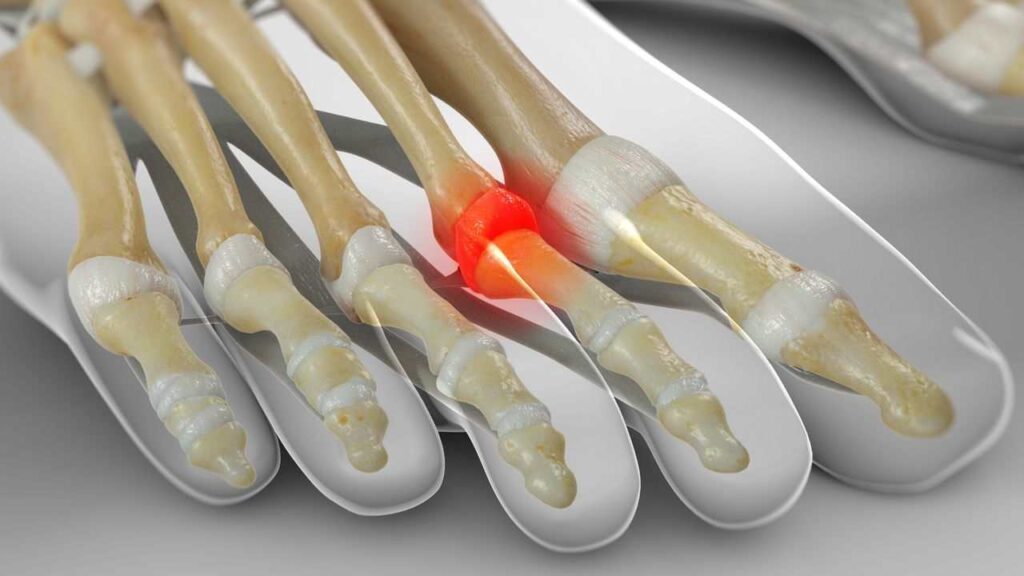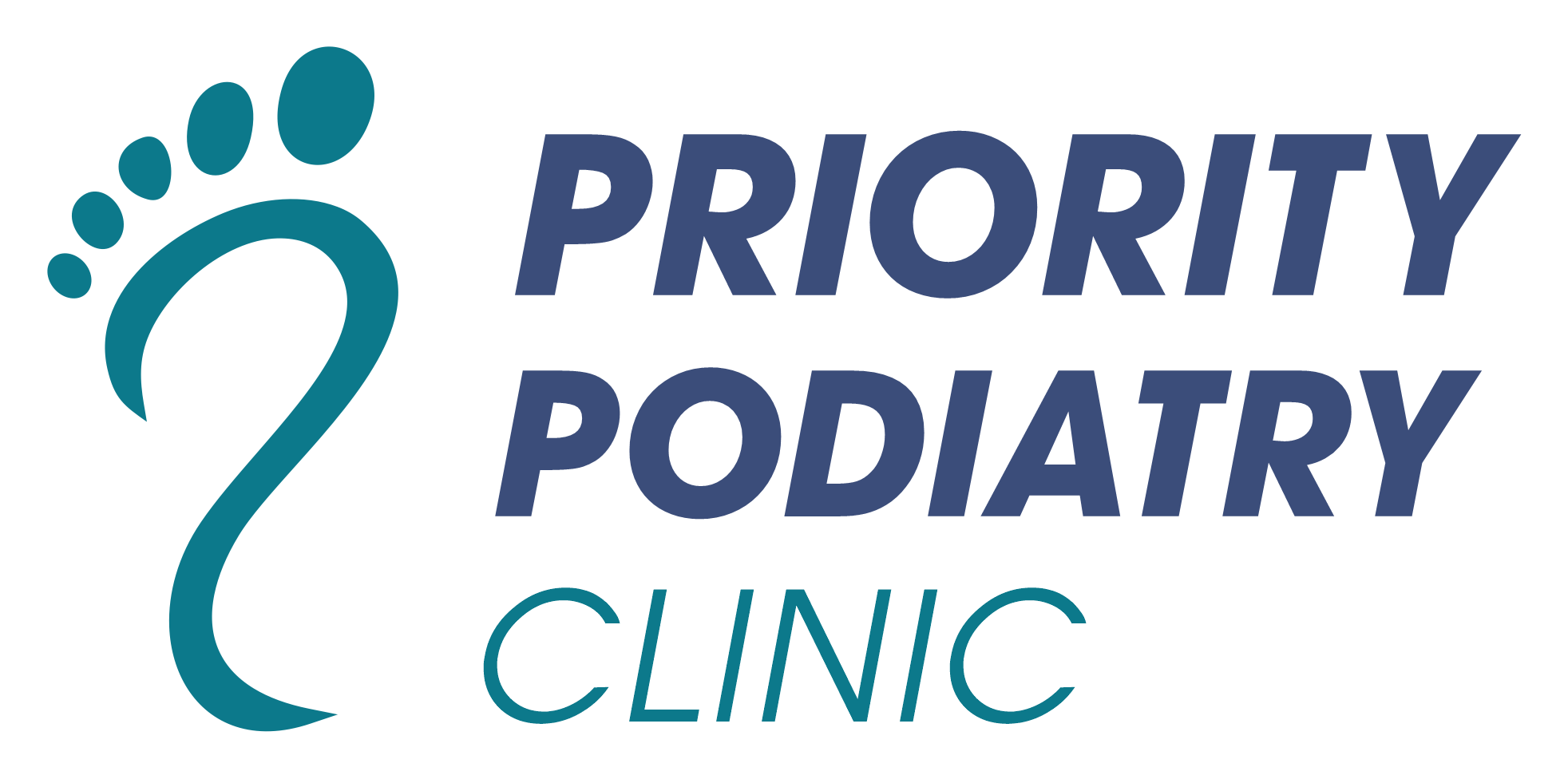Capsulitis Causes & Treatment
What Is Capsulitis?
Capsulitis occurs when the fibrous joint capsule surrounding a joint becomes inflamed due to damage. This inflammation can disrupt the joint’s function, leading to pain, restricted movement, and an increased risk of injury or dislocation. The condition can affect any joint, compromising its stability and making it more susceptible to further damage.

Table of Contents
What Causes Capsulitis?
Capsulitis can affect any joint in the body, including those in the foot. While it’s not limited to the lower limbs, one common area for foot capsulitis is the joints at the ball of the foot, particularly the second toe in individuals with a longer second toe. These joints bear significant pressure during movement, especially when pushing off the ground with each step. Capsulitis in these joints can lead to pain and dysfunction, making walking and other activities challenging.
Who Is At Risk?
Women are more likely to suffer from capsulitis due to wearing high-heeled, narrow, or unsupportive footwear, which can place excessive pressure on the joints of the forefoot, rather than distributing the pressure evenly across the foot. Those with bunions are also more vulnerable, as the condition can shift pressure onto the lesser toes while walking. Other factors include tight calf muscles, an unstable arch, toe deformities like hammertoes, and regularly overloading the feet with high-impact activities like running. These conditions all contribute to an increased risk of developing capsulitis.
Visit Us Today
Hope Island
Phone: 07 5510 9222
Located within Hope Island Marketplace Medical & Skin Clinic, 99-103 Broadwater Ave Hope Island QLD 4212
Jimboomba
Phone: 07 5546 9766
Located Within Jimboomba Medical Centre, Unit 1/69 Cerina Cct, Jimboomba QLD 4280
Eagleby
Phone: 07 2889 1666
Located Within Eagleby Family Practice, 5/120 River Hills Rd, Eagleby QLD 4207
Marsden
Phone: 07 3067 2370
Located Within Marsden Family Doctors, Shop 28/55-77 Chambers Flat Rd, Marsden QLD 4132
Keperra
Phone: 07 3355 4082
Located Within Keperra Medical Clinic, 14 Dallas Parade Keperra QLD 4054
Coomera
Phone: 07 5638 5315
Located Within Doctors @ Coomera Central, Shop 6, 21 Coomera Grand Drive, Upper Coomera, QLD 4209
Newtown
Phone: 07 4633 8700
Located Within Ochre Medical Centre Wyalla, Shop 20, 238 Taylor Street, Newtown QLD 4350
Signs & Symptoms Of Capsulitis
Pain beneath or over a joint is a primary sign of capsulitis. You may also experience:
- Redness and warmth at the joint
- Swelling
- Pain when walking or putting pressure on the joint – often patients describe is as the feeling of walking on a pebble
- If the particular joint has been overloaded for some time, you may also have a callus on the bottom of the foot beneath the affected joint
If the capsulitis is severe and the joint becomes unstable or dislocated, you may notice that the position of the bones that comprise the joint may move out of place, which may leave the joint looking prominent (e.g. there being a noticeable space between the toes) and other characteristics.
Treatment & Prevention
Given that capsulitis is caused by overloading and straining the joint, relieving pressure from the affected area is essential. However, this doesn’t mean you need to stop walking entirely. We offer several treatment options to offload the joint while allowing you to remain mobile, including:
- Custom foot orthotics designed to deflect pressure and provide cushioning, helping distribute the load across other bones.
- Padding to reduce pressure on the joint.
- Strapping or splinting of the toes.
- Footwear recommendations to support joint offloading and proper alignment.
It’s important not to ignore capsulitis, as it is unlikely to improve on its own and may worsen over time. After managing the symptoms, we’ll work to prevent recurrence by identifying the underlying causes and contributing factors during a comprehensive lower limb assessment. Based on the findings, we will develop a tailored treatment plan, which may include physical therapy for muscle tightness or weakness, gait retraining, and continued use of supportive foot orthotics.
Enquire Now
Not The Condition You Are Looking For?
Find out more about the conditions we treat by clicking below.
